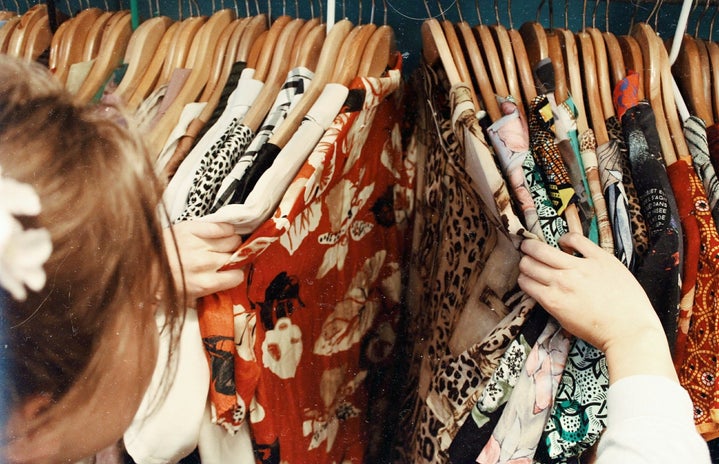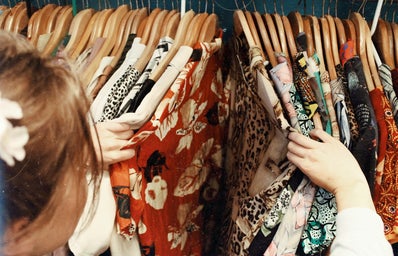In 2021, it is no secret that fast fashion is an environmental nightmare. The industry is characterized by its cheap price tag and rapid production time. As a result, the clothes are seldom made to last, and the industry is known for its unethical practices such as stealing designs, labor exploitation and environmental pollution. The fast fashion industry is the second-highest user of water worldwide and is responsible for approximately one-third of all microplastics found in the ocean.
However, there is an argument made in defense of fast fashion that appeals to the lower class. It is often highlighted that sustainable fashion is too expensive as a result of ethical sourcing, and thus, sustainable fashion remains out of reach for the lower class consumer. But the notion that the lower class is responsible for upholding the $25 billion dollar industry is simply comical.
In reality, the fast fashion industry is sustained by the practice of overconsumption which can be seen in massive fashion hauls on Tiktok and YouTube. A ‘haul’ is defined as a video where a buyer shows off all the items they have purchased. A quick search of ‘clothing haul’ on Tiktok would yield a couple thousand results of haul videos from brands like Shein, H&M, ASOS and the list goes on. Haul videos are wildly popular on Tiktok and can get up to millions of views, hence why Tiktokers post these videos regularly in hopes of becoming famous. While watching hauls can be fun and exciting, it is problematic because it normalizes spending hundreds of dollars on dozens of clothing pieces.
Just like they cannot afford to spend hundreds of dollars on one item of sustainable clothing, the lower class cannot afford to spend hundreds of dollars on dozens of clothing pieces from fast fashion brands. If the lower class were buying fast fashion, they would be doing it at a slower pace and lower quantity.
While I have been critical of fast fashion in the past (and still am), I do not believe that we need to put an end to this industry. We live in a society governed by our outward appearance where clothes act as a symbol of cultural capital. Therefore, there is a socioeconomic reason for the continuation of the fast fashion industry. On the other hand, while I support sustainable fashion, I recognize that there are flaws within the industry, mainly about the accessibility of the products. The argument here is not about entirely replacing fast fashion with slow fashion or even fast fashion versus slow fashion.
Rather, the point I want to make is about how we use the lower class as a scapegoat for the fast fashion industry. While the lower class might carry fast fashion companies on its back by providing cheap labor, they are not the ones responsible for sustaining the problematic industry and, therefore, not responsible for the ethical violations of said industry.



